News and blogs
Exciting pledges made during Healthcare delegation in China
Last month, Chris Abbott and Paul Dugmor went to China as part of a trade delegation selected by the Department of Health and Social Care.

132 articles
-
 News
NewsExciting pledges made during Healthcare delegation in China
Last month, Chris Abbott and Paul Dugmor went to China as part of a trade delegation selected by the Department of Health and Social Care.
-
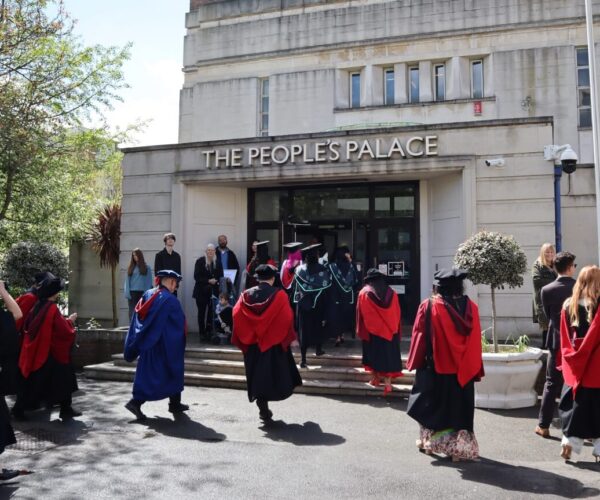
-
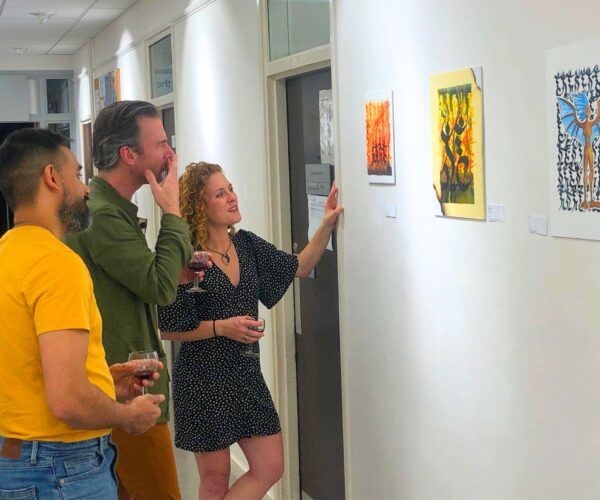 News
NewsEtaoin Shrdlu: Trust showcases unique exhibition on vanished civilisation
Last month, we hosted a new art exhibition at the Tavistock Centre titled Etaoin Shrdlu by Richard Frost.
-
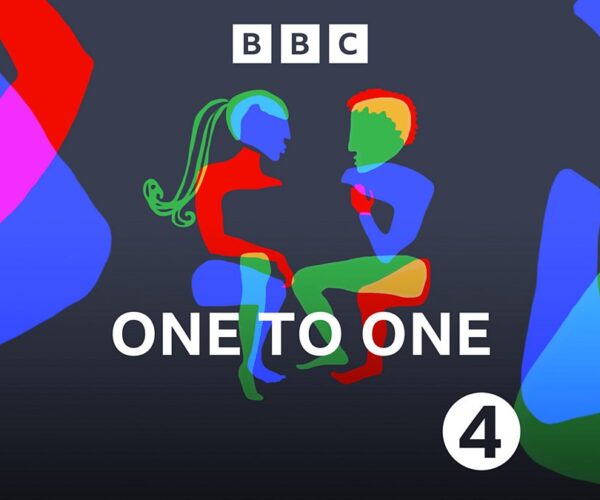 News
NewsTrust Clinician featured on BBC Radio 4 to discuss Psychedelic-Assisted Psychotherapy
Trust Clinical psychologist Ashleigh Murphy-Beiner was featured in the BBC Radio 4 series ‘One to One’ to discuss Psychedelic-Assisted Psychotherapy.
-
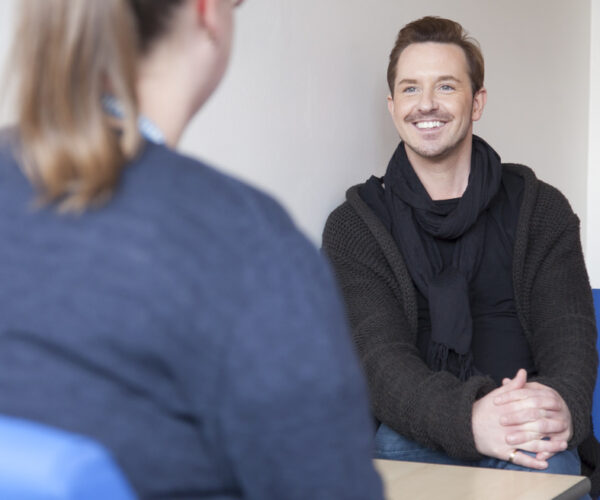 News
NewsPutting service users at the heart of decision making
We’re proud to be putting the views of service users at the heart of our M4 programme in Child Community and Educational Psychology
-
 News
NewsTrust Health Psychologist recognised for her exceptional work on mental health and physical wellbeing
Dr Kate Hurst, Trainee Health Psychologist at the Tavistock and Portman Trust has been featured in the Psychological Professions Network Newsletter.
-
 News
NewsResearch Week 2024 highlights
This year’s Research Week took place online from Monday 18 March to Thursday 21 March 2024.
-
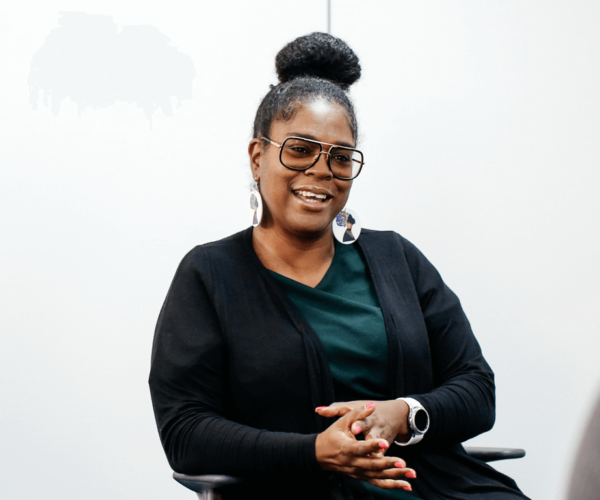 News
NewsRecognising the transformative role of social workers
Reflections from Shantel Thomas - Clinical Professional Lead and course Lead for our master’s degree in Social Work
-
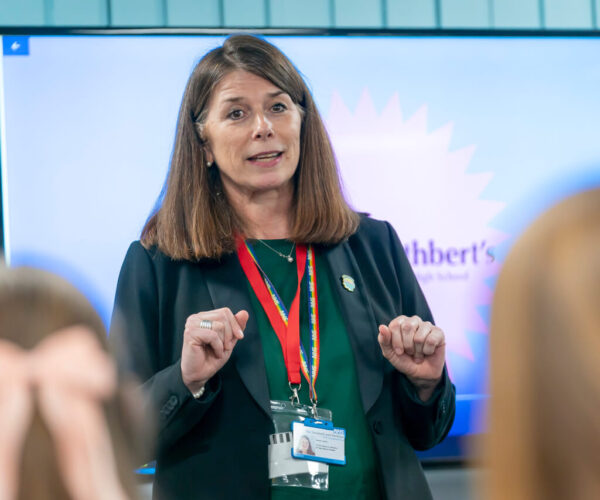 News
NewsClinical Services Director returns to her secondary school to celebrate peer support programme
Clinical Services Director returns to her secondary school to celebrate peer support programme
-
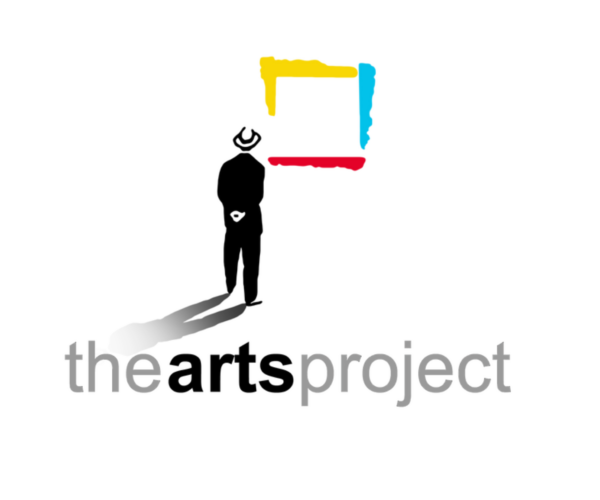 News
NewsArt submissions needed for upcoming Veterans exhibition
Arts Project and OpCourage are set to hold a major art exhibition this summer at St Pancras Hospital, to showcase the creative talents of veterans.
-
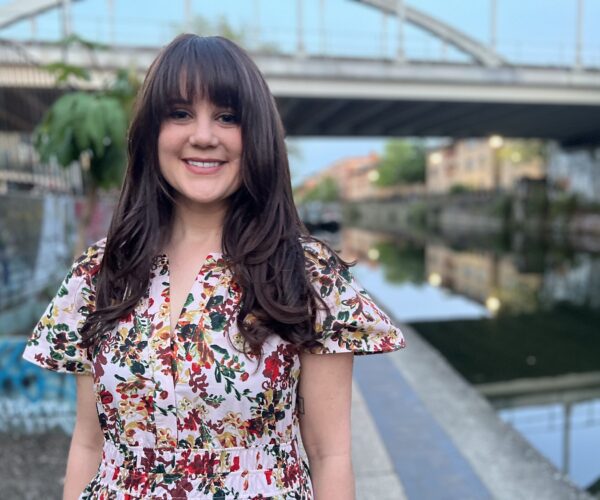 News
NewsNCL Waiting Room colleague has paper published in leading health journal
Dr Rosa Town has co-authored a research paper in leading healthcare research publication, the Journal of Health Services Research & Policy.
-
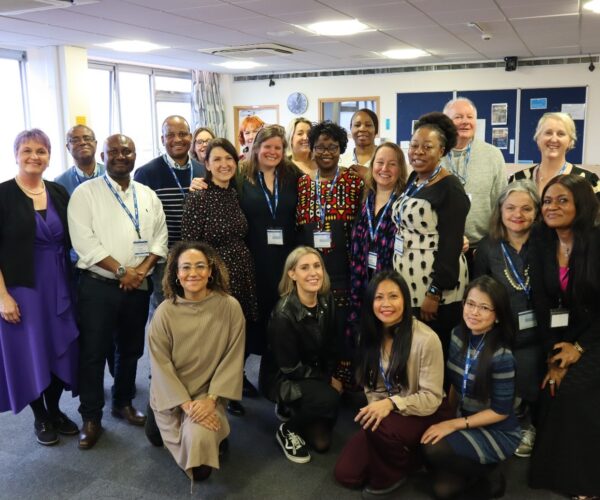 News
NewsCelebrating the achievements of our senior nurses and midwives
Tavistock and Portman host celebratory event for the North Central London Nursing and Midwifery System Leadership Programme.
